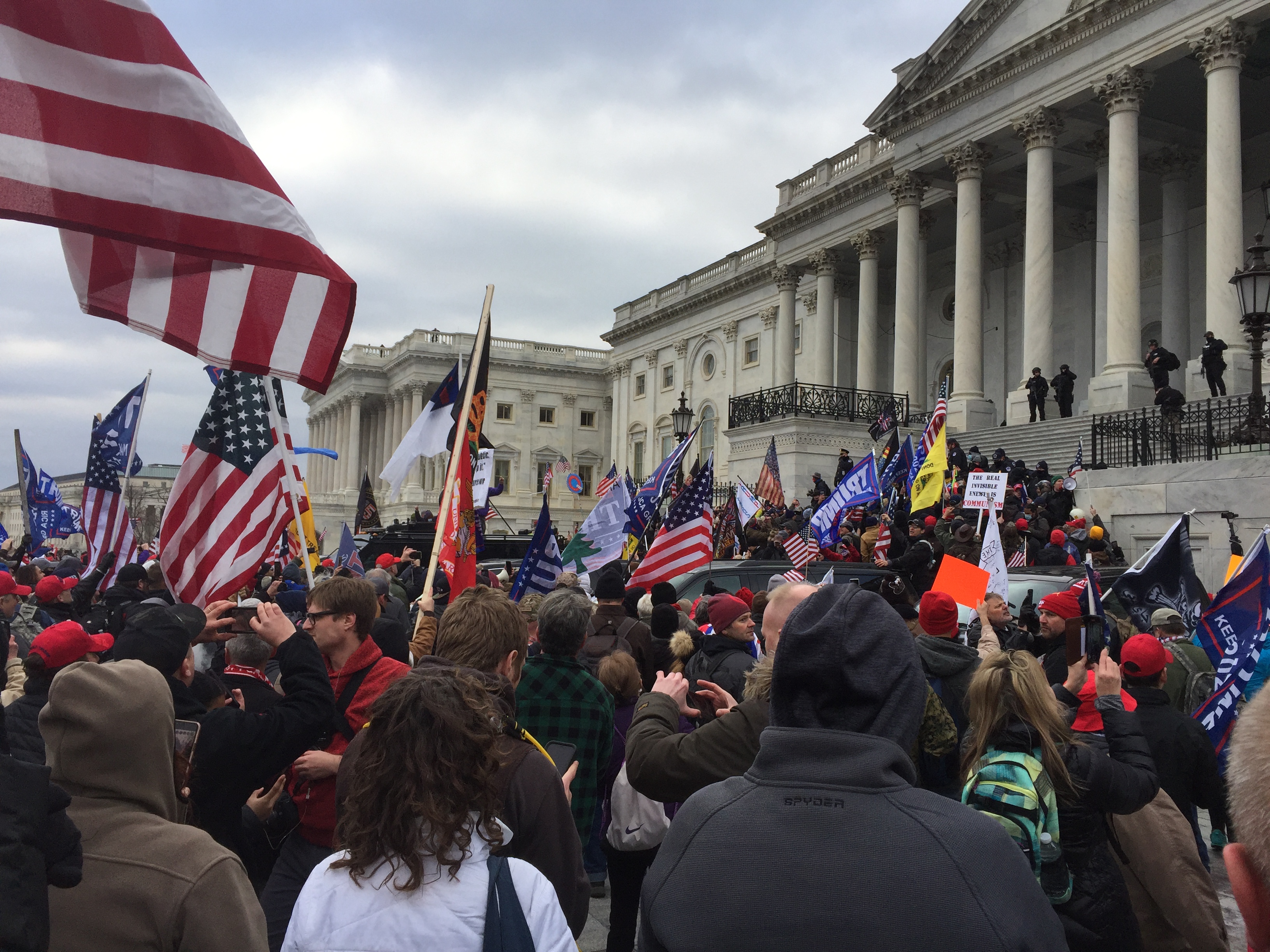Jonathan Witmer-Rich on the <em>Amawi</em> Case
Jonathan Witmer-Rich sends in the following commentary on the Amawi case, which I posted yesterday:
Just wanted to offer a bit of commentary on U.S. v. Amawi, which you flagged on the Lawfare blog . . . .
Published by The Lawfare Institute
in Cooperation With

Jonathan Witmer-Rich sends in the following commentary on the Amawi case, which I posted yesterday:
Just wanted to offer a bit of commentary on U.S. v. Amawi, which you flagged on the Lawfare blog . . . . I now am a law professor at Cleveland State (I teach criminal law and procedure, and a course called Legal Responses to Terrorism), but I previously worked at the Federal Public Defender's Office in Cleveland, and I represented Mohammed Amawi (the lead defendant) in his trial. I was not involved in the appeal (having started teaching). So while I cannot claim to be unbiased, I can claim to be informed. A few comments: First, the Amawi case is yet another illustration of the extraordinary breadth of federal conspiracy law, and the ability of federal prosecutors to obtain very serious felony convictions (and long sentences) for extremely inchoate talk and behavior. The main charges in the case were conspiracy to kill/maim Americans overseas, and conspiracy to provide material support. To prove those charges, the prosecution essentially sought to show that these three men, prodded along by an undercover confidential witness being paid by the government, sat around in Toledo, Ohio for about two years talking about how they wanted to train for jihad, maybe go join the jihad themselves, maybe go fight in Iraq (or maybe somewhere else), maybe train others to fight the jihad, maybe raise funds for the jihad, or maybe provide the mujahideen in Iraq with laptops to fight the jihad. As various folks have explained (including Bobby in his excellent Southern California Law Review 2007 article, "Beyond Conspiracy?"), federal conspiracy law does not require the prosecution to prove that co-conspirators have a specific target or plan, or a specific date or timeframe for carrying out the plan, or anything resembling a serious plan of action---and there was no such specific plan or target in this case. These guys talked about jihad in Toledo for two years---all the while being recorded by a CI. The only "action" they took in those two years was watch volumes of jihadi videos, and twice went to the shooting range for target practice. Mohammed eventually went to Jordan with the CI and promptly spend six months at Mohammed's family's house, never once doing anything to attempt to contact the mujahideen or other jihadis. They did take over six laptops (supposedly to be delivered to the mujahideen) and a satellite phone---all provided by the government, of course---which Mohammed promptly began telling the CI to just leave with him. The CI finally returned to the US; Mohammed kept a shiny new laptop and satellite phone (on which he racked up about $30,000 in charges, none of the calls having anything to do with jihad); and when he was arrested (in Jordan) six months later, he had done nothing to advance the plans he had talked about so bravely from the safety of his Ohio apartment. Judge Moore's concurring opinion is interesting. She is clearly troubled by the breadth of conspiracy law, but in the end, she evidently concluded that in her role as an appellate judge she needed to defer to the judgment of the jury. Second, the Amawi case is another illustration of the extensive use of human sources, planted within Muslim and Arab-American communities in the United States. The CI in Amawi was a former special forces guy who was being used as a DEA informant before 9/11, and then after 9/11 was sent deep undercover in the Toledo Muslim community. He posed as a convert (a radical one), attended several local mosques, volunteered at a Muslim charity, etc. There is no doubt that this strategy has been successful for the FBI---in the sense of identifying persons who can be convicted of conspiracy and other charges. I would invite your readers to ponder how comfortable they would feel if their local Catholic church (or Mormon congregation, or Jewish temple, etc.) were almost assuredly being attended by one or more undercover informants, working for the FBI, espousing the more radical forms of their faith and seeking to befriend (and then extensively record and video-tape) any misfits in the group. Third: The sentences here are quite notable. The sentencing guideline range for all three defendants was life---even though they had caused no harm, assembled no bombs, formulated no plan of attack (here or abroad). The district court imposed sentences between 20 years and just over 8 years. The government appealed those sentences, arguing they were too low (substantively unreasonable), but the Sixth Circuit affirmed.
Benjamin Wittes is editor in chief of Lawfare and a Senior Fellow in Governance Studies at the Brookings Institution. He is the author of several books.




